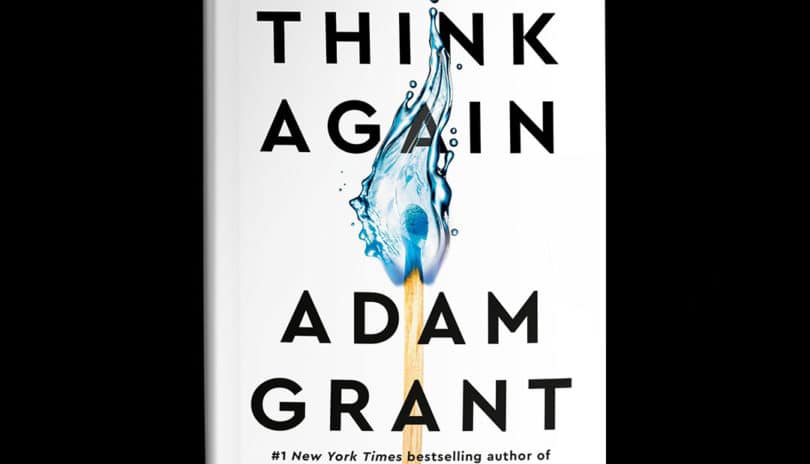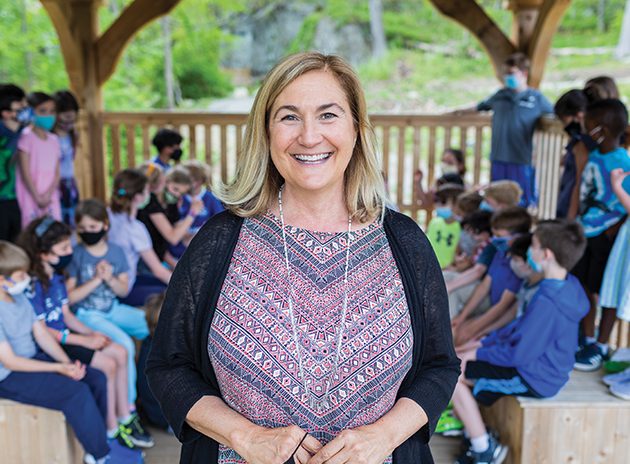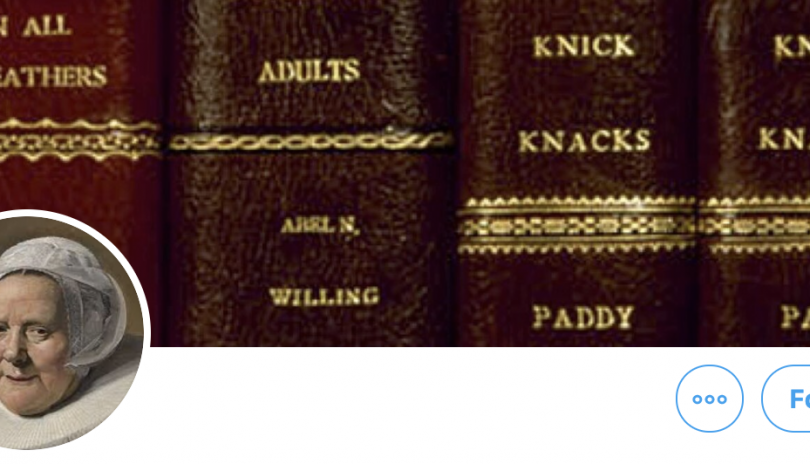Reflections from reading Washington Black, by Esi Edugyan and Year of Rest and Relaxation by Ottessa MoshfeghHow do we develop the ability to manage the loss and uncertainty that is inevitably part of life? As both a parent and an educator, I’ve found it challenging at times to simultaneously help children acknowledge and accept loss and uncertainty while fostering the feelings of security and predictability I know children need. I’ve talked before about our VUCA world – volatile, uncertain, complex, ambiguous – and know that helping children gain comfort in VUCA times, rather than trying to rid life of its uncertainty, can prepare them to thrive in the full lives they will lead. Two of my favorite recent reads offered insights into how to navigate this terrain of acknowledging and tolerating life’s uncertainty.
Washington Black is a beautifully told story that begins when we meet its eponymous hero, an enslaved boy living in Barbados. Circumstances converge to pluck him away from his difficult life. He leaves behind people he loves and all he has known and launches into a world of new relationships, new possibilities, and new challenges. How does Washington Black manage this loss and uncertainty? He focuses on developing his skills and forming strong relationships. Both of these approaches are key ways to help children prepare for challenges. When we help a child develop their skills, they are able to master something that is within their control and become more capable of managing all that lies ahead. When we know our capacities are strong and our skills are plentiful, we develop confidence, regardless of our age. As children strengthen their skills, they learn that although life will offer experiences that are unexpected and difficult, they will be able to cope with those challenges.
Washington Black also develops strong relationships, another key to managing life’s uncertainty. When children develop the skills to build and sustain close relationships, be it with classmates, neighbors, grandparents or cousins, they are fortified by their connection to other people. While close relationships provide an emotional benefit, there are other tangible benefits, too. Children can learn to utilize the skills and talents of those close to them to enhance their own, expanding their ability to manage life’s challenges because of their network of connection.
My Year of Rest and Relaxation also explores the theme of how to manage loss and uncertainty. It tells the story of a woman who has experienced a significant loss in her life and reaches a point where she can no longer tolerate life’s volatility. Her solution is to numb herself with a drug-soaked sleep, believing that if she can just spend a year sleeping she’ll be able to rejoin the world. While most of her strategies for managing loss are not adaptive, fueling the novel’s comic and tragic tone, she does end up better able to tolerate life’s uncertainty. As she develops the ability to acknowledge that life offers both stability and instability, she is able to realize that even if her life includes loss, she wants to be awake for it. Acknowledging a child’s uncomfortable feelings when loss or uncertainty arises, and normalizing the existence of these feelings, is one of the ways we help children realize that life will be both predictable and unpredictable. And more importantly, that being awake for it is the only way to capture all that is good, along with all that is challenging.
At DCD, we use predictability and routine, as well as our strong traditions, to create a sense of order for children. At the same time, we give them lots of practice with managing uncertainty. This may occur when a curricular challenge is open-ended rather than scripted, when adolescents have to wait on news from secondary schools, when a novel’s moral dilemma has no obvious answer, when children learn about and empathize with losses in history, literature, or other subjects, or when they support classmates managing family illness and loss. Each of these moments builds up a child’s ability to tolerate uncertainty and helps them learn to be awake for all the world has to offer.
The late poet Mary Oliver gave instructions for living a good life. She said, “Pay attention, be astonished, tell about it.” Only when children can learn to pay attention to the full range of life’s experiences can their ability to engage, and their ability to be astonished, develop and allow them to build the rich lives we know they can lead.








